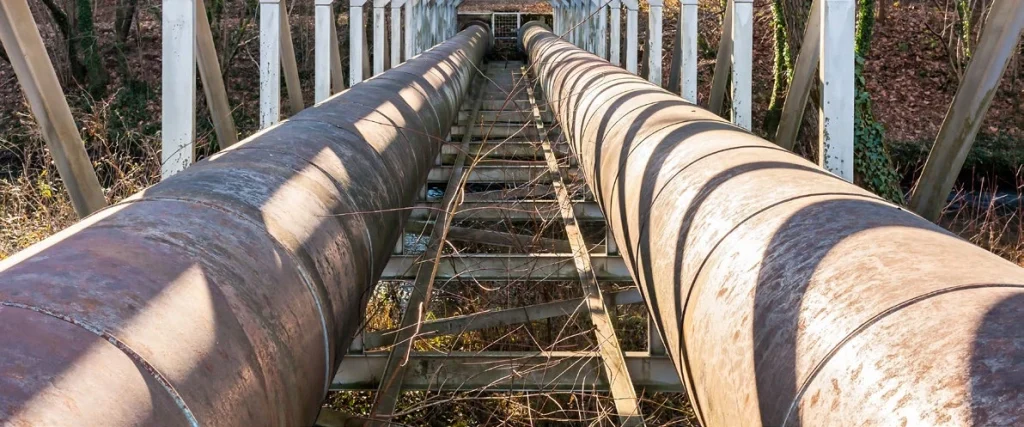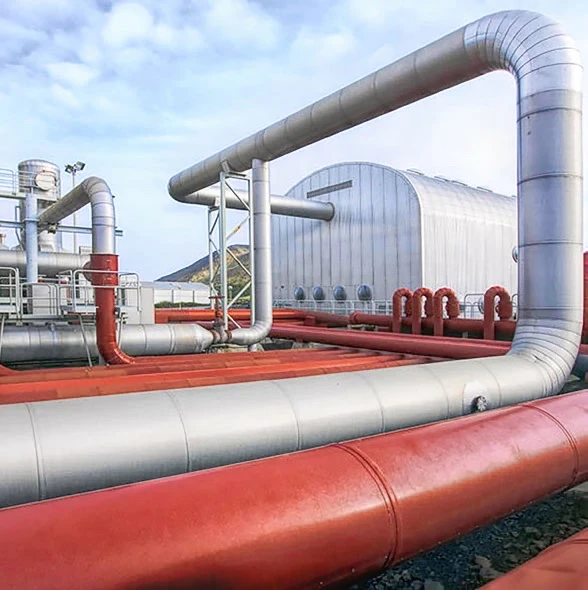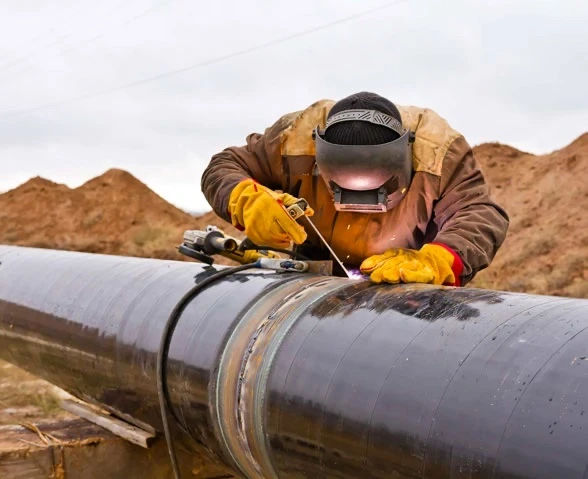The highly anticipated Feruka Pipeline, a critical infrastructure project linking Beira, Mozambique, to Harare, Zimbabwe, is nearing completion, with significant progress achieved in recent months.
As of March 5, 2024, the pipeline is estimated to be 70% complete, marking a significant milestone towards its operationalization.
This 434-kilometer pipeline, with a capacity of transporting up to 1.3 million cubic meters of refined fuel products annually, is set to revolutionize fuel supply in landlocked Zimbabwe.

Currently, Zimbabwe relies heavily on road tankers for fuel transportation, a method prone to inefficiencies, delays, and higher costs. The pipeline offers a more efficient and cost-effective solution.
The pipeline will significantly reduce Zimbabwe’s dependence on road transportation for fuel imports, thereby mitigating potential disruptions caused by road closures, fuel shortages, and fluctuating global fuel prices.

It will be a much cost-effective project as pipeline transportation is generally cheaper than road transport, offering significant cost savings for fuel importers and consumers in Zimbabwe.
The pipeline will facilitate faster and more reliable fuel delivery, streamlining supply chains and reducing reliance on stockpiling.
By replacing road tankers, the pipeline is expected to contribute to a reduction in carbon emissions and improve air quality.
The project, valued at approximately US$1 billion, is a collaborative effort between the governments of Mozambique and Zimbabwe, spearheaded by the Zimbabwe National Oil Company (ZNOC) and the Mozambican state-owned oil and gas company, Empresa Nacional de Hidrocarbonetos de Moçambique (ENH).
Construction of the pipeline commenced in 2020 and has progressed steadily despite encountering various challenges. Initial delays were attributed to securing financing and navigating complex regulatory procedures. Additionally, the COVID-19 pandemic posed logistical hurdles, impacting the movement of personnel and materials.
However, with concerted efforts from stakeholders and the easing of pandemic restrictions, construction has gained significant momentum. As of March 2024, the majority of the pipeline has been laid, and construction is focused on completing pumping stations and storage facilities at both terminals.
The successful completion of the Feruka Pipeline is expected to unlock a multitude of benefits for both Mozambique and Zimbabwe. In addition to the aforementioned advantages, the project is anticipated to potentially stimulate economic activity in both countries by creating employment opportunities during construction and operation phases.
Furthermore, it can also attract further investments in the energy sector and related industries. The project fosters closer collaboration between Mozambique and Zimbabwe, potentially paving the way for future joint infrastructure projects and economic partnerships.
The pipeline stands as a testament to regional cooperation and commitment to addressing critical infrastructure needs. Its completion will mark a significant step towards enhanced fuel security, economic growth, and environmental sustainability for Zimbabwe and the surrounding region.
Text by Martin Chemhere
From Energy and Power 8

